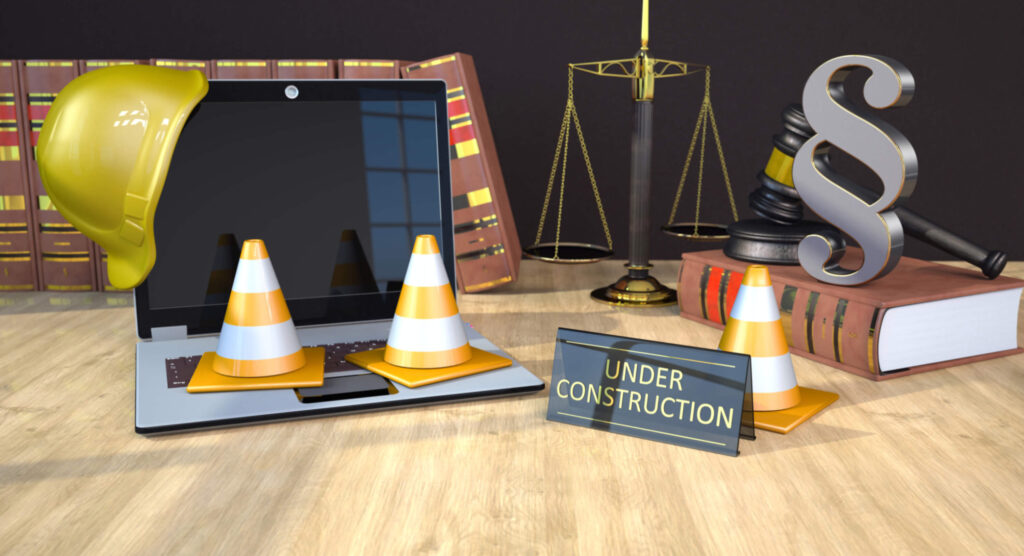Eighteen Weeks 9 Semester Units
This course will provide students with instruction related to the rules of evidence as they apply to both the Federal Judicial system as well as the California Judicial system and how those rules differ and how they are similar.
Eighteen Weeks 9 Semester Units
This course will study the United States Constitution, the three branches of government, limitations and scope of government power, judicial review, the role of the United States Supreme Court and the Bill of Rights. It will also examine the constitutional distribution of power between the federal and state governments as well as personal liberties under the Due Process Clauses with special focus on fundamental rights, equal protection, freedom of assembly, freedom of the press, freedom of religion and freedom of speech.
Eight Weeks 4 Semester Units
This course will cover Corporation Law of the United States and how to analyze and correct basic problems associated with operating procedures. From formation of a corporation, to duties of directors, officers and insiders to misuse of the corporation structure under the laws of the United States.
Eight Weeks 4 Semester Units
This course is a survey of the law of various unincorporated business associations. Its purpose is to acquaint students with the fundamental legal elements of these business relationships and entities. This course will focus on the laws of agency and partnership including formation, termination, fiduciary responsibilities and raising capital concern.
Our Juris Doctor degree program is a traditional law school program that is designed to prepare students for entry into the legal field and to prepare them to take the state bar examination.
- Our program provides students with the flexibility to continue to work full-time while attending law school.
- Live classroom sessions (synchronous – live interactive) will be conducted using technology that will allow instructors and students to interact directly by video, voice, and real-time chatting communication.
- Instructors and students may ask and answer questions in real-time–allowing for multiple-person interaction (more than 100).
- The live lectures are recorded and uploaded to the Student Learning Center for 24/7/365 access by students.
- Students that choose to attend the live classes (when the archive lectures are created) will be able to have an actual classroom experience, just as a student would expect in a residential law school.
